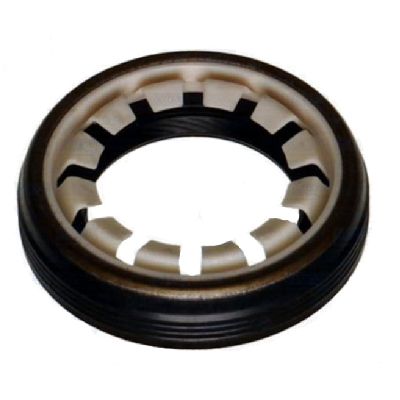Transmission Piston Seal Design and Function for Enhanced Performance and Durability
The Importance of Transmission Piston Seals in Automotive Applications
In the realm of automotive engineering, transmission systems play a pivotal role in ensuring that power is efficiently transferred from the engine to the wheels. Central to this process are transmission piston seals, which serve as critical components in maintaining the integrity and functionality of the transmission system.
Transmission piston seals are designed to prevent fluid leakage, which is essential for the smooth operation of the transmission. These seals are typically made from high-quality elastomers or synthetic materials that can withstand the extreme pressures, temperatures, and chemical exposures present in automotive environments. Ensuring an optimal seal is vital not only for maintaining hydraulic pressure but also for enhancing the overall efficiency and performance of the vehicle.
One of the key functions of these seals is to contain the transmission fluid within the system. The transmission fluid acts as both a lubricant and hydraulic fluid, facilitating smooth gear shifts and cooling the system. When piston seals are compromised, it can lead to fluid leakage, resulting in inadequate lubrication and increased wear and tear on transmission components. This not only impacts performance but can also lead to costly repairs and reduced vehicle longevity.
transmission piston seal

Moreover, the effectiveness of transmission piston seals contributes significantly to the overall performance characteristics of the vehicle
. A well-sealed transmission ensures that power is efficiently transmitted, providing drivers with a smoother driving experience. Conversely, poor sealing can lead to slippage or hesitation during gear shifts, negatively impacting acceleration and responsiveness.The automotive industry is continually evolving, and advancements in materials and manufacturing processes have led to the development of innovative sealing solutions. For instance, modern piston seals may incorporate features such as multi-lip designs or specialized coatings to enhance durability and reduce friction. These advancements not only improve the reliability of transmission systems but also contribute to better fuel efficiency.
Maintenance is also crucial when it comes to transmission piston seals. Regular inspections can identify signs of wear or damage early, allowing for timely replacements before they result in more severe issues. Drivers should be aware of symptoms such as fluid leaks, unusual noises, or erratic shifting, all of which can indicate potential problems with the transmission seal.
In conclusion, transmission piston seals are essential components in the automotive transmission system, playing a vital role in performance, efficiency, and reliability. As technology progresses, ongoing improvements in material science and engineering promise to enhance the effectiveness of these seals, ultimately leading to better vehicle performance and longevity. Awareness and proactive maintenance can ensure these vital components function optimally, contributing to an efficient and reliable driving experience.
-
Understanding the Front Main Engine Seal: Purpose, Maintenance, and Installation
News Jul.29,2025
-
Understanding O-Rings and Seal Rings: Types, Applications, and Custom Solutions
News Jul.29,2025
-
Understanding Crankshaft Oil Seals: Rear Seals, Pulley Seals, and Their Role in Engine Integrity
News Jul.29,2025
-
The Importance of Front and Rear Crankshaft Seals in Engine Performance and Oil Management
News Jul.29,2025
-
Crank Oil Seals: Functions, Types, and Cost Considerations in Engine Maintenance
News Jul.29,2025
-
A Comprehensive Guide to O-Rings and Seals: Types, Materials, and Global Applications
News Jul.29,2025
-
Mastering Diesel and Performance Engine Maintenance: A Guide to Critical Oil Gaskets
News Jul.28,2025
Products categories















